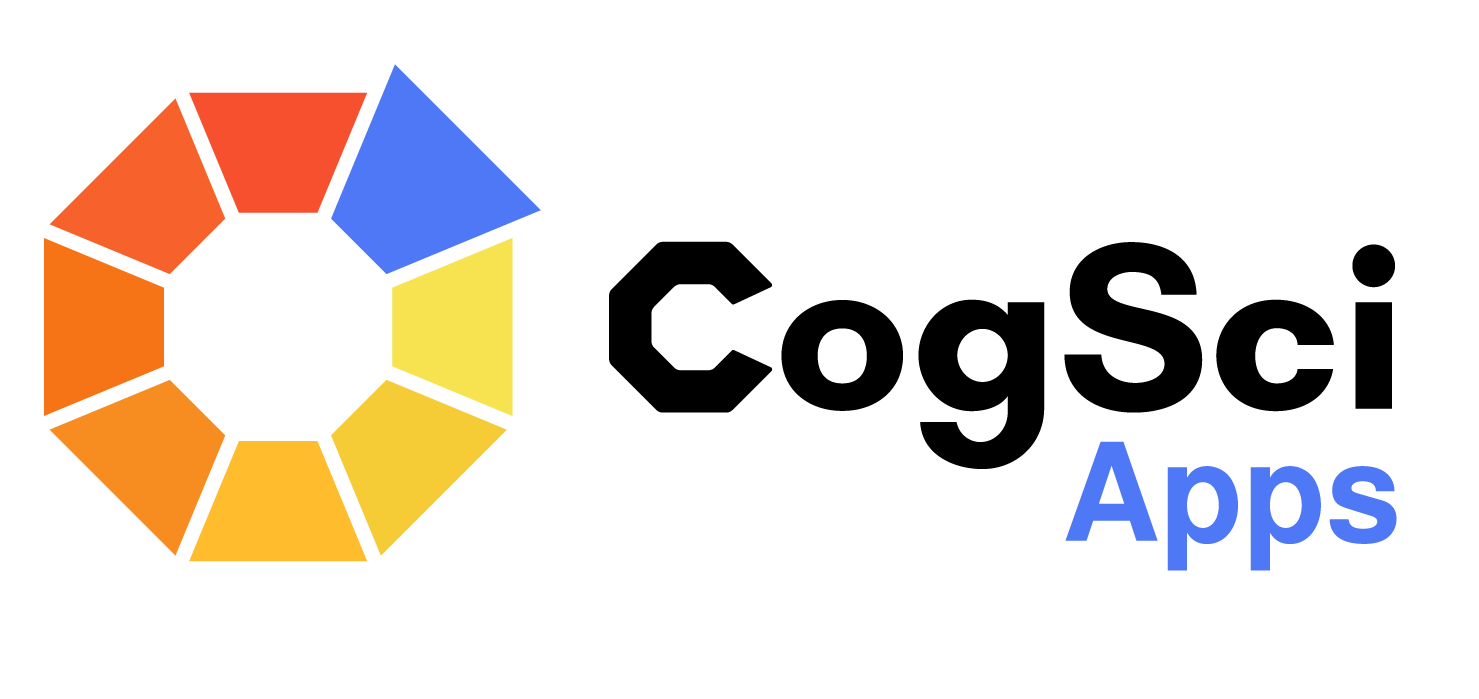I Told You So
This year, CogSci Apps will release a new app for the Apple ecosystem that will forever improve your cognitive productivity. What does this app do?
Well, I’ve already announced it, implicitly. There is a specification of this app in one or more of the following places:
- An article I published as professor at Simon Fraser University and/or on research gate,
- A blog post I have written on mySleepButton.com,
- A blog post I have written on CogZest.com,
- A blog post I have published at Simon Fraser University,
- In Cognitive Productivity: Using Knowledge to Become Profoundly Effective,
- In Cognitive Productivity with macOS®: 7 Principles for Getting Smarter with Knowledge,
- in a blurb, tweet or reference to Discontinuities: Love, Art, Mind (the book itself is unpublished),
- on Twitter, or
- in the white paper for Steve Jobs that I alluded to in Cognitive Productivity with macOS®: 7 Principles for Getting Smarter with Knowledge.
The app will mark a significant discontinuity in cognitive productivity on any operating system.
Another Vague Hint: CogXAff.
In a paper that my co-authors and I recently submitted to a journal, we defined the “CogXAff” approach to the human mind as one that is computational (roughly, using AI techniques), and that seeks to understand the interplay and blending of traditionally dry “cognitive” functions (memory, perception, reasoning, etc.) with motivation, affect (emotion, moods, attitudes, and the like ) and ancillary functions (like sleep). This is something I discussed in my first book and on CogZest. On the upcoming CogXAff.org website, which I manage, we will publish a manifesto for researchers interested in this approach.
I mention this because the new app affects “cognitive productivity”, and this needs to be understood widely as improving the whole person, not just his or her traditionally cognitive work.
“A wager”!
My favourite scene in the film, The Adventures of Baron Munchausen is when Munchausen approaches his buddies to tell them his life is on the line. They don’t care. But then Munchausen clarifies that it isn’t a joke, but a wager. This gets their attention: Berthold exclaims “a wager!” and they’re in!
Stay tuned for two contests. One is for guessing the new app’s functionality; the other is for guessing its name. Play will happen over Twitter #CogSciAppNewApp and email (“support” at our cogsciapps.com domain.)
I hope you will enjoy the new contest. As for the new app, well, it’s for people like you who value their cognitive productivity. So I’m certain you will love it.
One of “My Favourite Things”
As for me, well, I’ve been hooked on strange loops since reading Gödel, Escher, Bach; and hooked on enigmas since I discovered Elgar’s “Enigma Variations”. I love technical writing — mostly functional specifications. But I particularly enjoy adding optional layers of meaning, which is frowned upon in technical writing. Discontinuities is the only major professional project so far in which I’ve been able to go really crazy with that kind of stuff.
Proving the Cognitive Productivity Framework
I think the best way to prove that the Cognitive Productivity framework is helpful is to produce great cognitive products. I will invite you to judge our framework based on the upcoming app, and other 2018 output.
Anon
Stay tuned. The hints will become increasingly specific ;).

